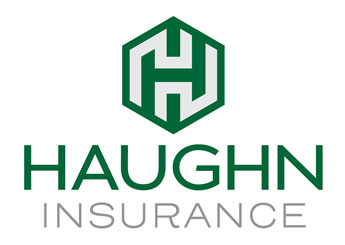
As a business owner, you have a responsibility to demonstrate a commitment to financial responsibility and ethical business practices in everything you do. This includes satisfying all local, state and federal permit and occupational licensing requirements and contractual obligations. Any failure on your part could cause a customer, client or other third-party significant financial loss. To protect these third parties from incurring damages, both state and federal laws require contractor businesses to obtain surety bonds. Before you begin your next project, it’s important to understand the ins and outs of OH contractor surety bonds.
What Are Surety Bonds?
Surety bonds are contracts between three parties: The company contracted to perform the work (the principal), the insurance company (the issuer) and the client (the oblige). These contracts serve as evidence that the customer can trust the contracted party to complete a project or job in accordance with all governing bodies’ laws and regulations, and in keeping with the terms of the contract. If the principal fails to deliver services as promised, the oblige may file a claim against the bond, which, if successful, the issuer must then pay. Typically, the bond issuer writes the bond in such a way that if it must pay out a claim, the principal must repay its cost.
How Do Surety Bonds Work?
Surety bonds essentially serve as vouches of good faith. In most cases, the issuer is an established company with a longstanding reputation for conducting business in an ethical manner. It backs the contractor’s work in two ways: 1) By offering a financial guarantee and 2) By putting its own name and reputation on the line. Surety bonds are often necessary for large projects that require significant resources. However, obtaining one is not always easy.
Before issuing a surety bond, the insurer will assess the applicant to determine if it has the capacity to fulfill a contractor. Though the requirements vary from surety to surety, applicants must typically undergo a personal credit check and provide up to three years of financials. If a company has several business owners, the creditworthiness of each will come into play.
Some issuers offer low-cost surety bonds to companies that put up collateral. Collateral typically comes in the form of cash or a letter of credit from the applicant’s bank. In some cases, such as those in which the owners of a company have poor credit or the business is young, a surety will require collateral regardless. In these cases, collateral may have to have a value up to 100% of the bond.
About Haughn & Associates
Founded by Michael Haughn in 1986, Haughn & Associates is a full-service, family-owned, independent insurance agency based out of Dublin, Ohio. H&A strives to provide the best possible price and unique insurance solutions across a myriad of industries, including construction, IT, Habitation & Commercial Property, Agriculture, and Engineering. Devoted to providing the best of business insurance, life and disability insurance, personal insurance, employee benefits, and bonds, H&A is proof that success lies in long-standing client relations and satisfaction. To learn more about how H&A can be of service to you, contact us at (877) 802-2278.

